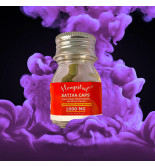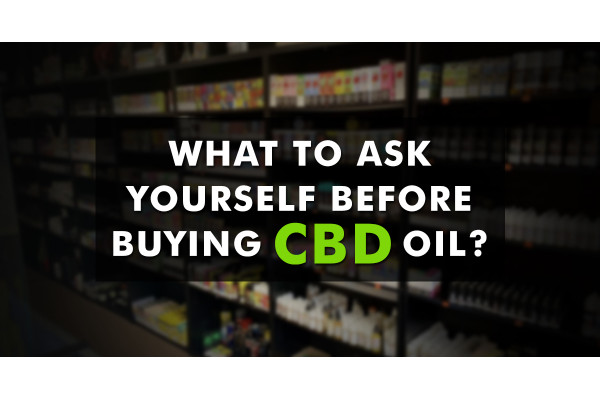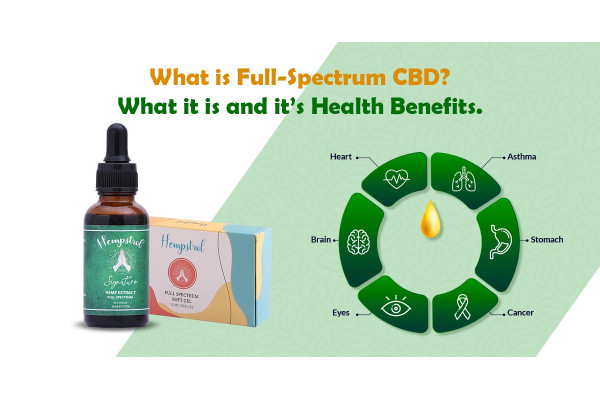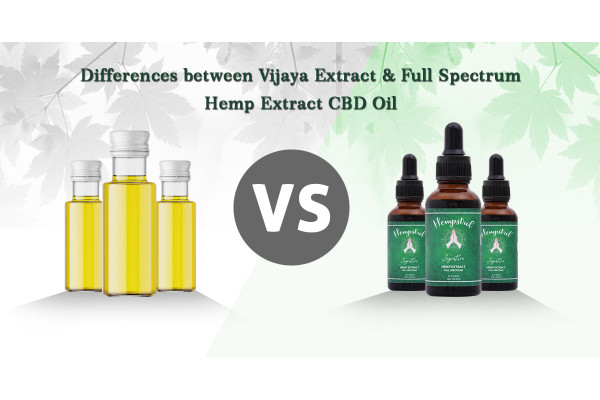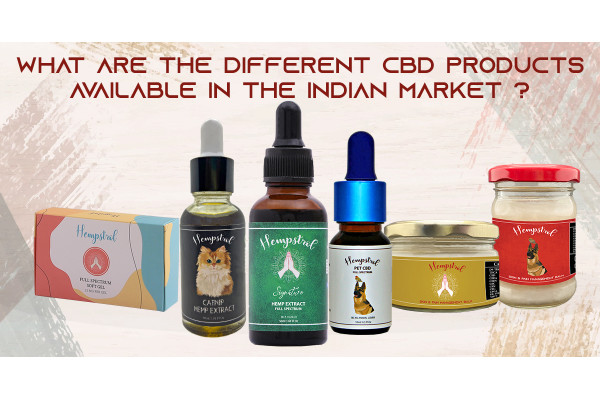7 Health Benefits Of Thc We Bet You Didn’t Know Of
THC: the substance that gives cannabis its "high." It has received more than its fair share of criticism, and many people think the substance is completely useless as a medicine. But research has shown that this is not at all the case.
The molecule, when combined with other cannabinoids, has been shown to help treat both physical and mental disorders.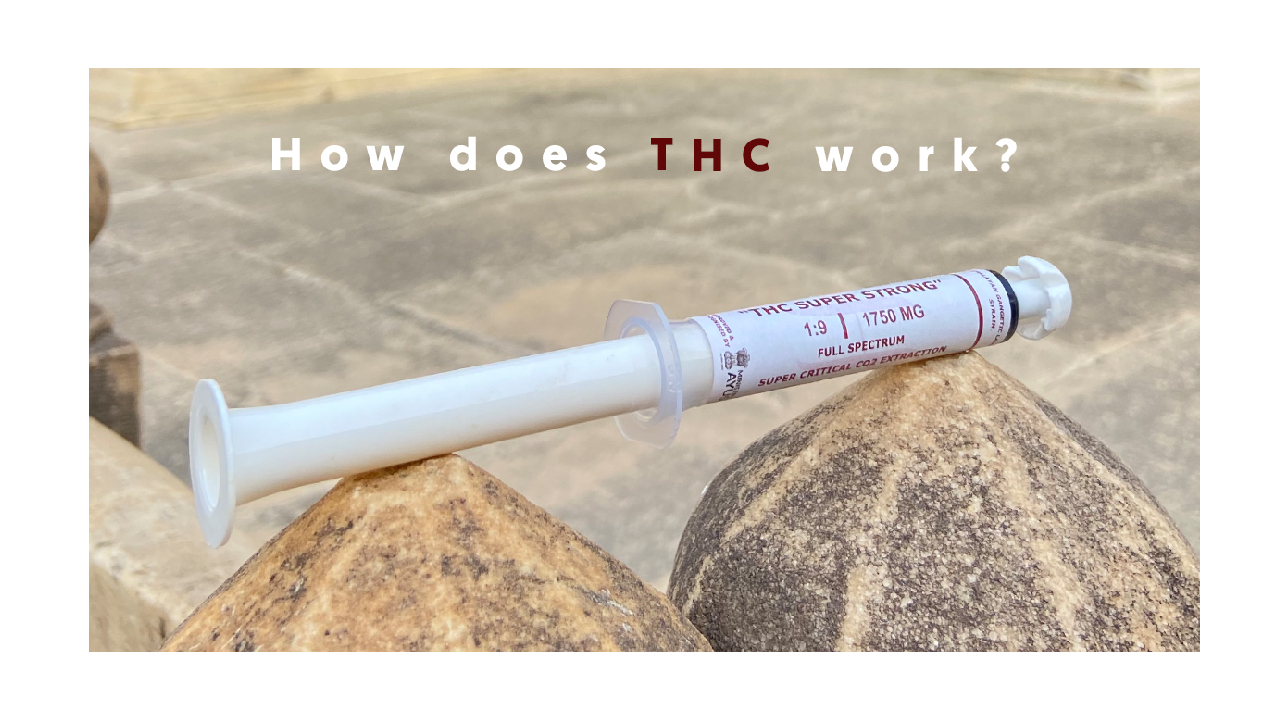
How does THC work?
THC is a cannabinoid which interacts with the endocannabinoid system of the body. The compound can activate neurons that affect pleasure, memory, reasoning, coordination, and time perception by binding to cannabinoid receptors in the brain. THC-based products such as THC oil may be used to treat a variety of medical ailments, according to some studies and anecdotal information.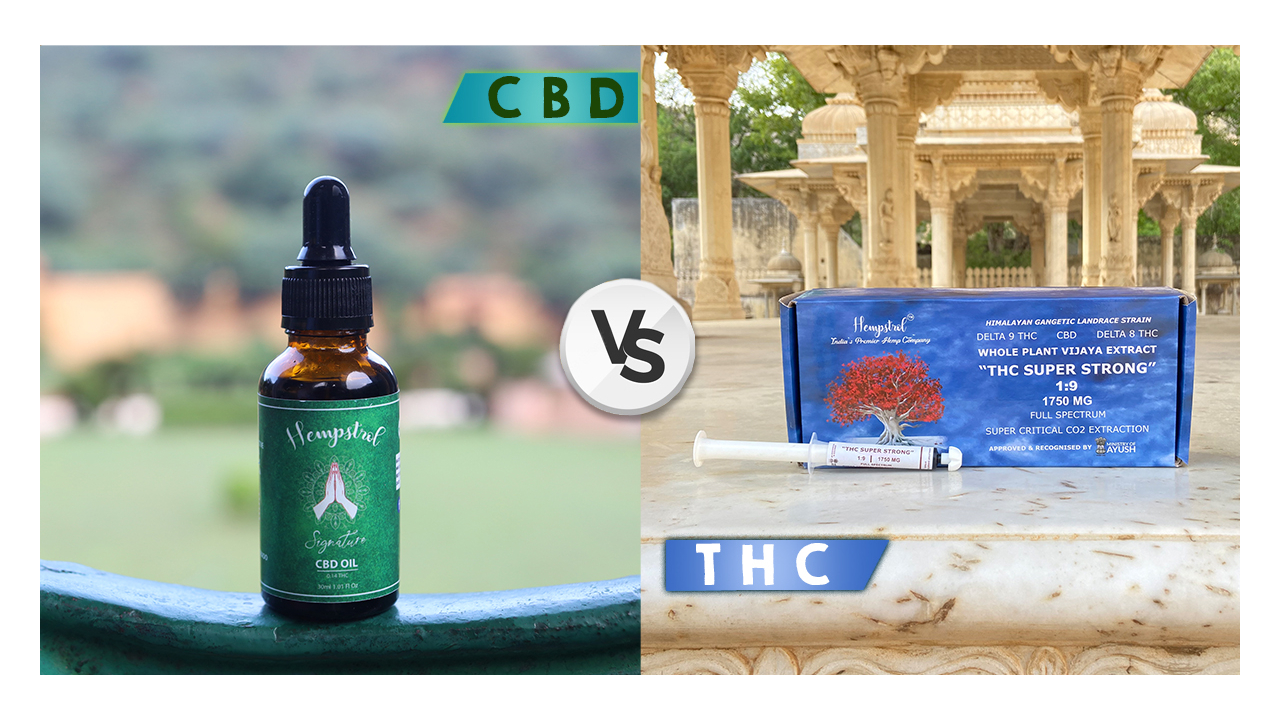
What is the difference between THC and CBD?
The most common cannabinoid in the cannabis plant after THC is CBD. CBD Capsules won't make you high as THC will. That's because CBD does not stimulate cannabinoid receptors in the brain as THC does. Legality is another difference between THC and CBD. CBD derived from industrial hemp (or cannabis with less than 0.3 percent THC) is allowed, while CBD from cannabis with more than 0.3 percent THC is only permitted if the company has a Ministry of Ayush license. Hempstrol is one such brand with the permit to sell THC oil in the Indian market.
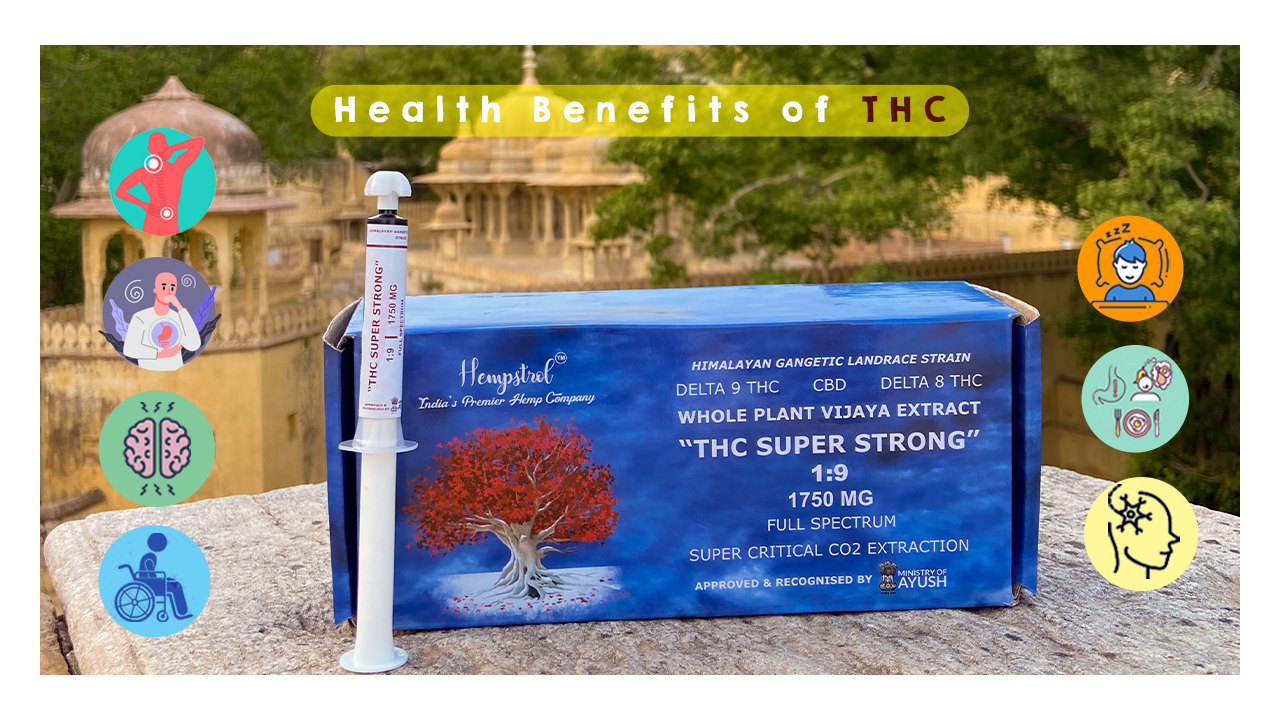
Health Benefits of THC
THC is used medically to treat some illnesses' symptoms. Most of the clinical data we have is anecdotal evidence; however, the following health benefits of CBD oil India are backed by evidence:
Reduces pain: The most common reason people use THC oil is to relieve chronic pain. More than 1.5 billion people worldwide live with chronic pain. In one study, it was seen that THC raised the chances of pain relief by about 40%. Studies have proven that THC activates pathways in the Central nervous system that block pain signals from being sent to the brain.
Reduces Nausea from Chemotherapy: In a short trial of chemotherapy patients conducted in 2010, it was discovered that individuals who combined a THC-containing medication with standard care had higher protection against nausea and vomiting than those who only received standard care.
Reduces muscle spasms in people with paraplegia: Studies suggest THC products can only slightly reduce muscle spasms, a common symptom of paraplegia and Multiple Sclerosis (MS). In fact, a sizable systematic review from 2015 found that, although the difference was not statistically significant, THC combined with other cannabinoids alleviated self-reported muscle spasms more than a placebo.
4. Improves sleep: Sleep disruptions are common in patients with chronic conditions, including MS and discomfort. Studies in these populations demonstrate that THC products can reduce short-term sleep issues, sleep disruptions, and the amount of time needed to fall asleep. Uncertainty exists on whether THC has a direct impact on the quality of sleep or whether better sleep results from a decrease in chronic symptoms.
5. THC Increases Appetite: Many conditions, such as HIV, hepatitis, and dementia, can lead to a loss of appetite. It is better to treat this, or it can result in severe malnourishment. THC is known for increasing need. Researchers have found that THC interacts with the same type of receptors in the hypothalamus that release the hormone ghrelin, which stimulates hunger with the correct dosage. THC hunger-inducing effects can dramatically improve quality of life.
6. Protects Brain Cells: THC is considered a neuroprotectant, which means it actually protects brain cells from damage. A study in 2014 found that people with THC in their systems were 80 percent less likely to die from traumatic head injuries than those without.
7. Helps to treat PTSD: PTSD includes, but is not limited to, symptoms such as severe anxiety, depression, insomnia, nightmares and social isolation and it can be a very crippling condition. THC is one such compound that is effective on PTSD. In fact, many studies have confirmed that THC eases a variety of PTSD-related symptoms, including agitation, depression, etc.
Conclusion
The active component in cannabis that gives you a high is called THC. According to several studies, it can treat various health issues, including chronic pain. Many people consider THC-based goods to be an efficient supplement for their daily health when used in the correct quantity. THC isn't without its drawbacks, though. While it's impossible to overdose on THC, using too much can have unpleasant side effects like paranoia, anxiety, dry mouth, nausea, and vomiting.



